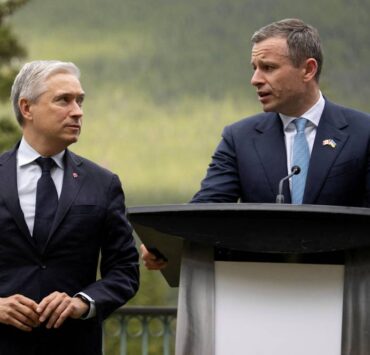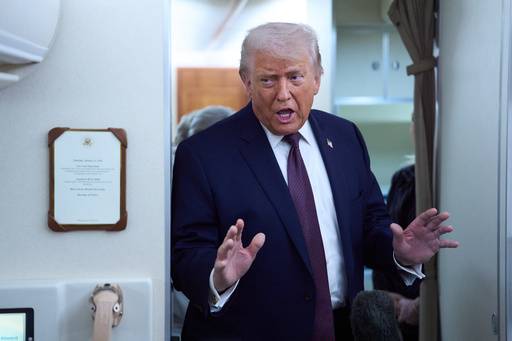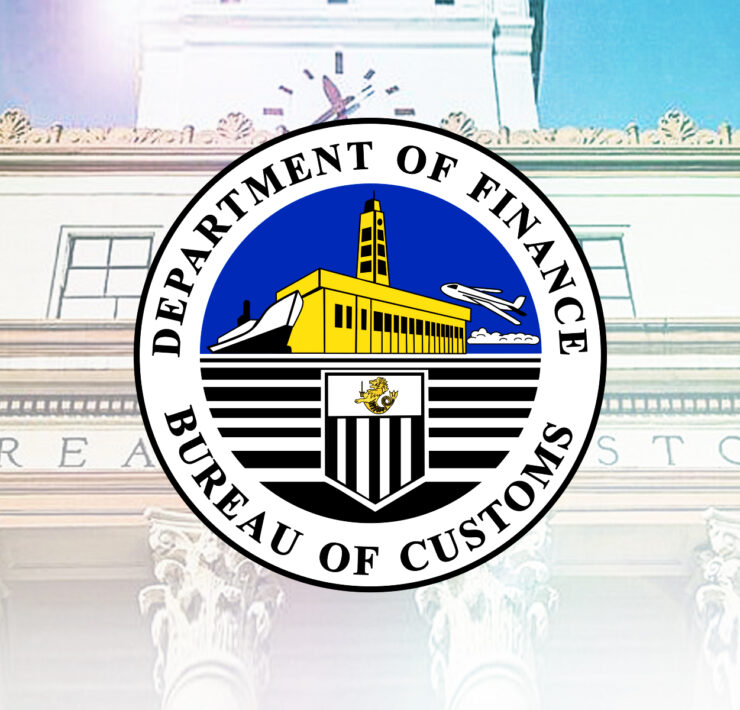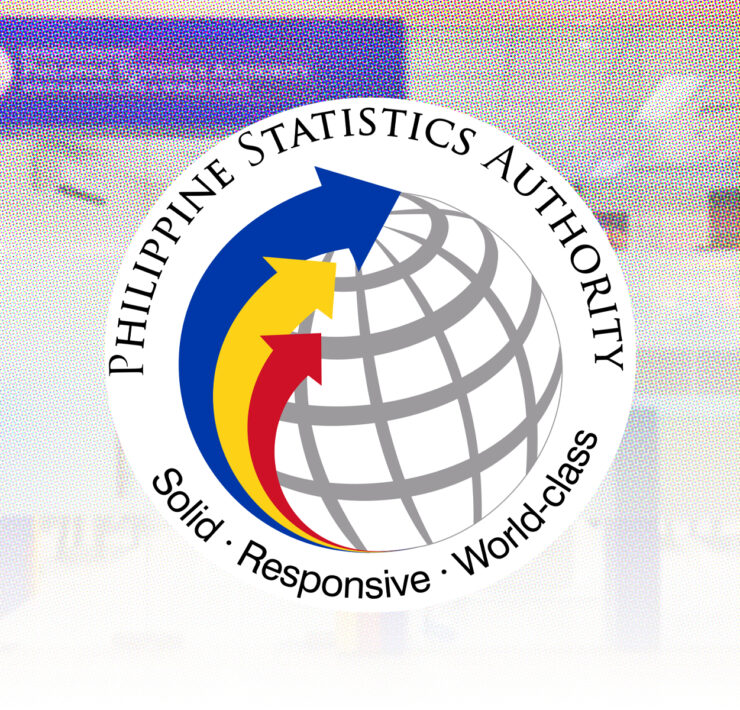Importers turn US depots into tariff-free zones
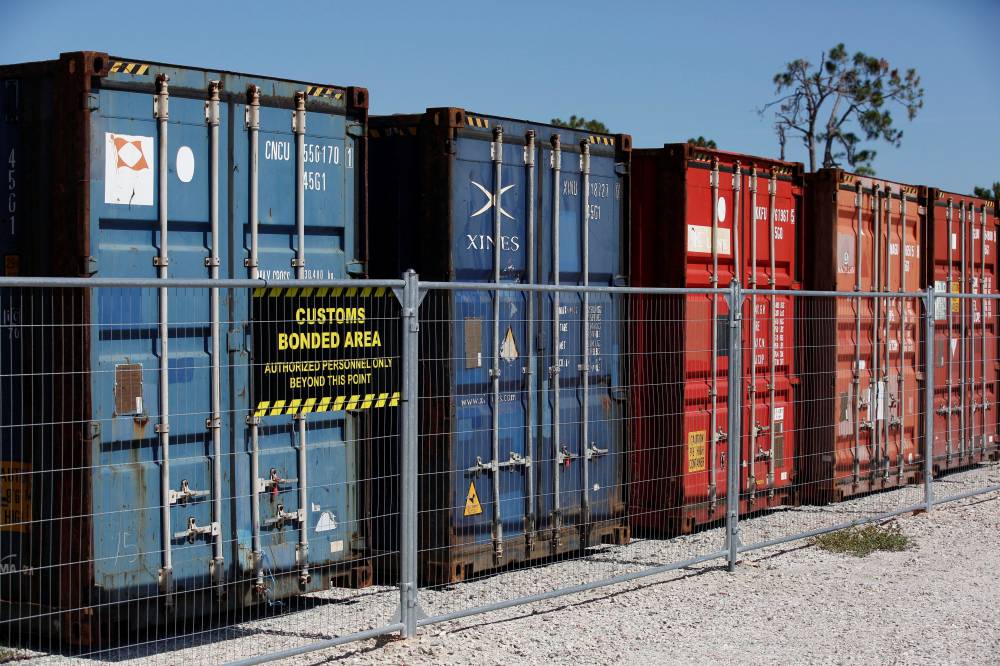
LONDON/NEW YORK — Companies importing goods into the United States from China are rushing to convert warehouses into facilities that are exempt from President Donald Trump’s tariffs until they are ready to sell the merchandise.
The US has more than 1,700 bonded warehouses, facilities where imported goods can be held without immediate payment of customs duties such as tariffs, currently 30 percent for shipments from China.
Such fees are only paid when the goods leave the bonded warehouse, allowing businesses to manage funds more effectively at a time of extreme trade policy volatility.
The rush to bond US warehouses for goods ranging from clothing to auto parts is a bet for some that raised U.S. tariffs will be only a short-term policy by the Trump administration.
Due to Trump’s tariff war, many of these bonded warehouses are now at full capacity, and prices for space in them have skyrocketed, four industry sources told Reuters, prompting companies to apply to US Customs and Border Protection to expand bonded space.
Utah-based fulfillment firm LVK Logistics, for instance, is in the process of making one of its warehouses bonded “in response to the tariffs,” CEO Maggie Barnett told Reuters, adding she expects the process to take three to four months.
“You can bond more or less anywhere,” said Chris Rogers, who manages the supply chain research team at consultancy S&P Global Market Intelligence. “It involves money and it takes time, but if you are a big company and expect tariffs are going to remain elevated for an extended period, you can convert (existing) spaces into bonded warehousing.”
Applications backlog
Other companies and logistics firms are seeing their applications with the CBP backlogged in some cases by over six months, said Chris Huwaldt, vice president of solutions at WarehouseQuote, a logistics research firm. Last year, the process would have taken a couple of months, he added.
Huwaldt said getting storage space certified as bonded “could cost thousands of dollars or it could cost six figures,” depending on the state the warehouse is based in, the financial status of the company and the additional security measures required by the CBP for a specific location.
Trump’s on-again, off-again tariff policy — which pushed duties on Chinese goods to as much as 145 percent in April before lowering them — makes the flexibility afforded by bonded warehouses appealing to companies.
Reuters, the news and media division of Thomson Reuters, is the world’s largest multimedia news provider, reaching billions of people worldwide every day. Reuters provides business, financial, national and international news to professionals via desktop terminals, the world's media organizations, industry events and directly to consumers.














